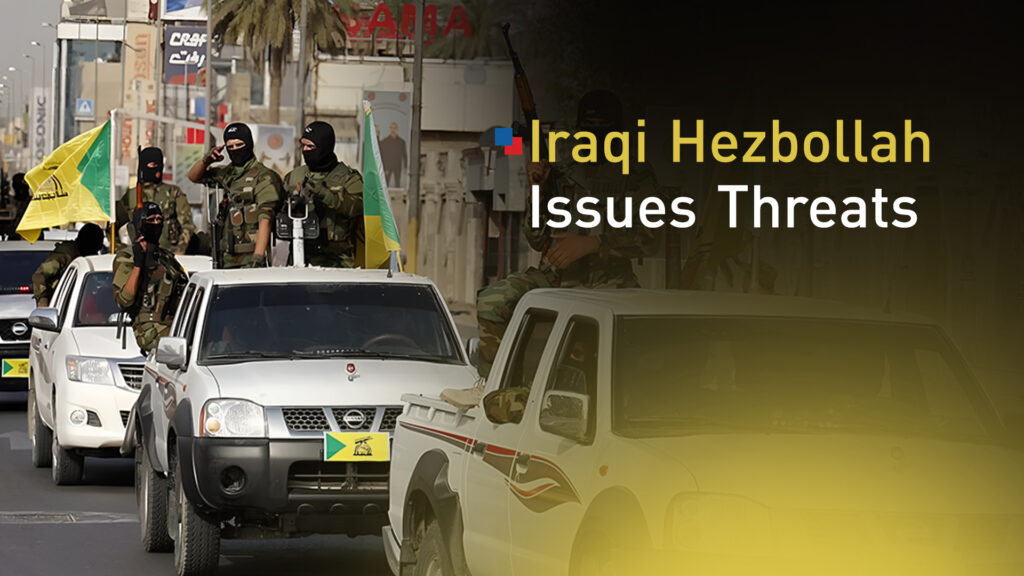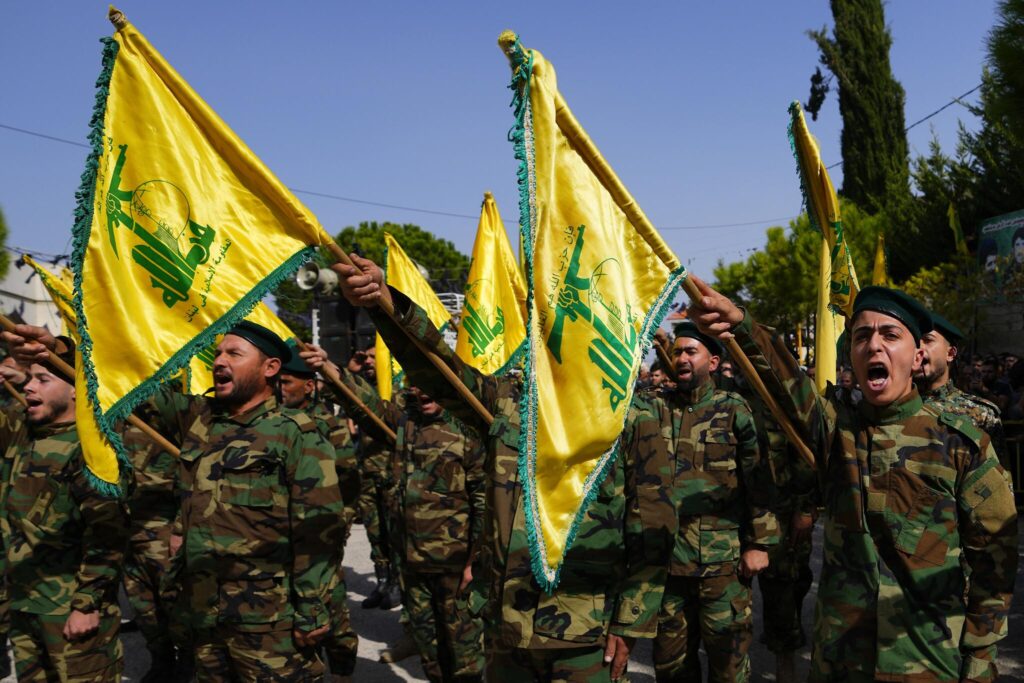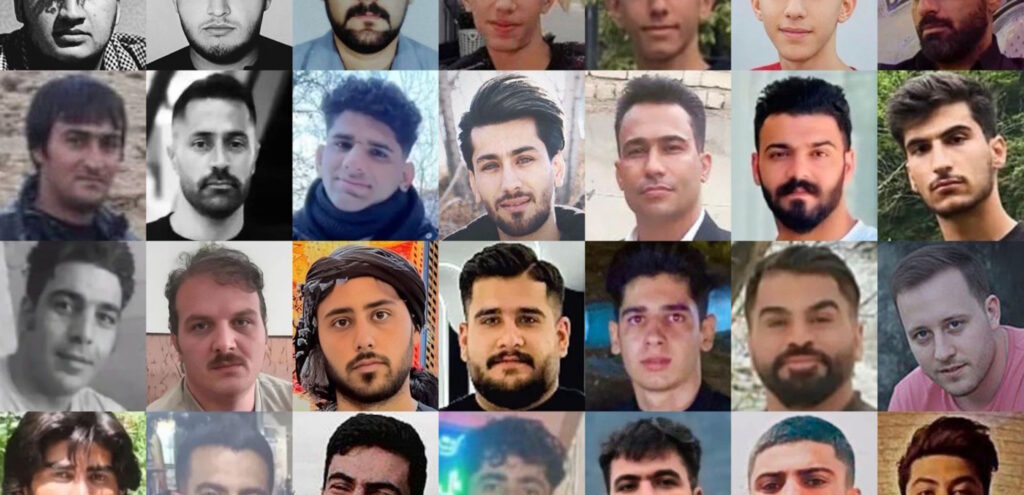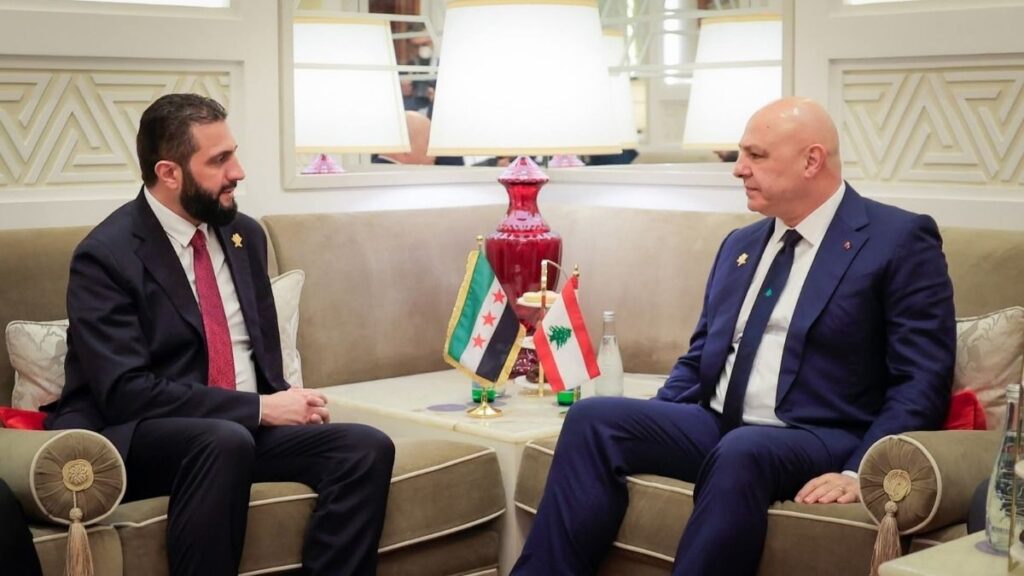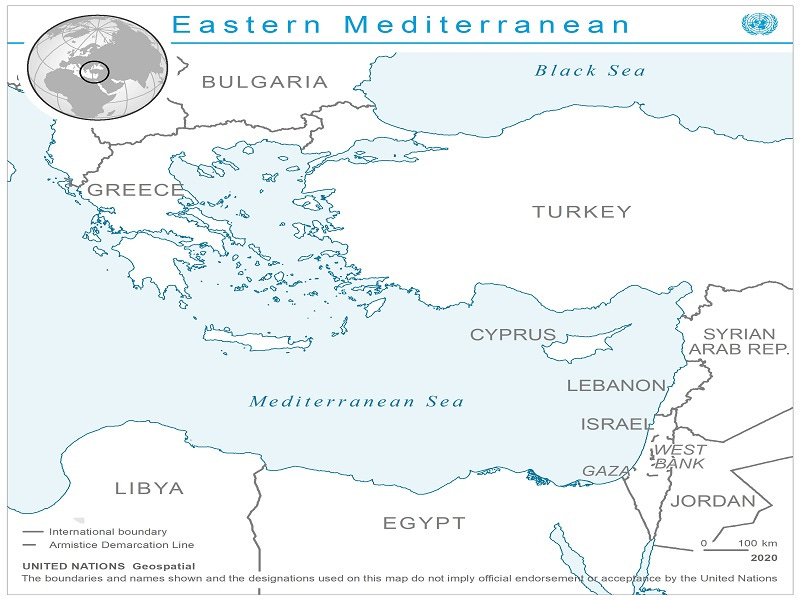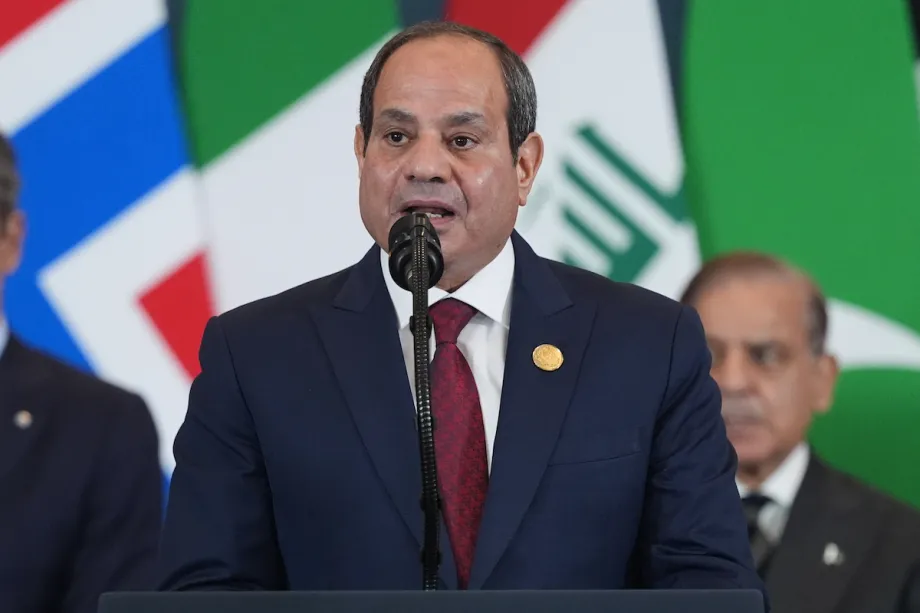US labels Lebanon’s Jamaa Islamiya a ‘foreign terrorist organization’
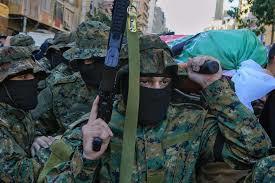
U.S. President Donald Trump’s administration has made good on its pledge to label three Middle Eastern branches of the Muslim Brotherhood as “terrorist” organizations, imposing sanctions on them and their members in a decision that could have implications for U.S. relationships with allies Qatar and Turkey.

